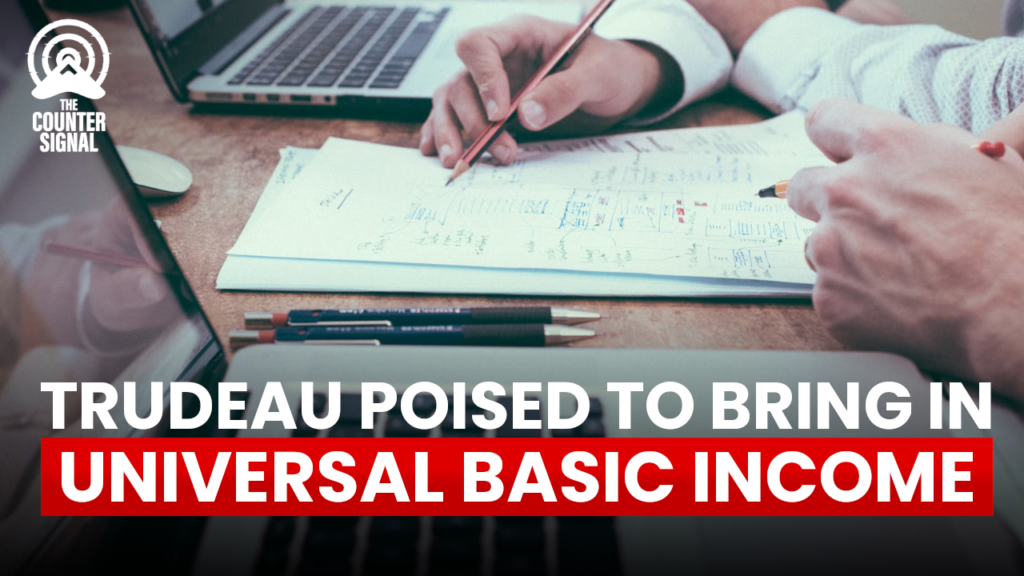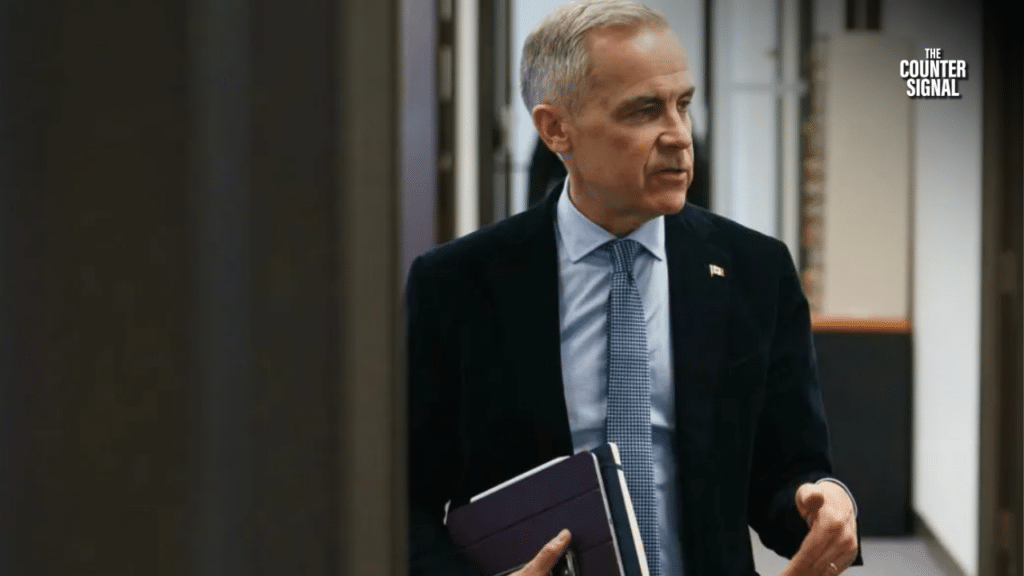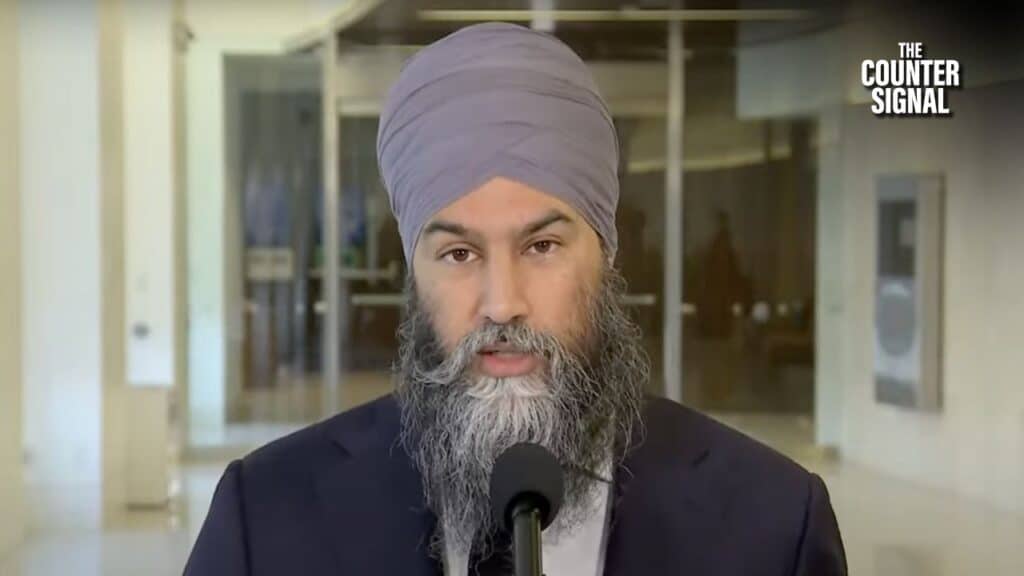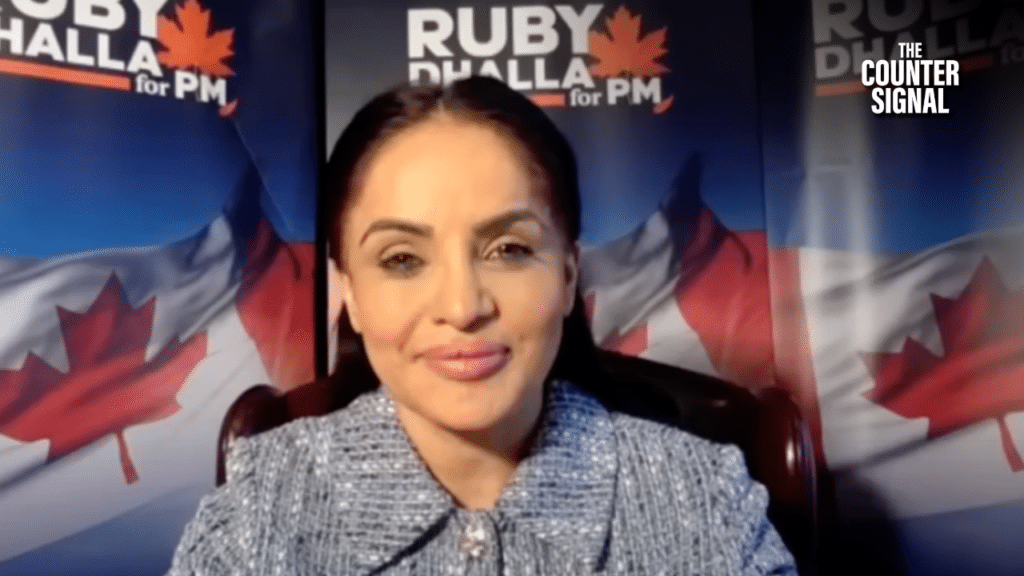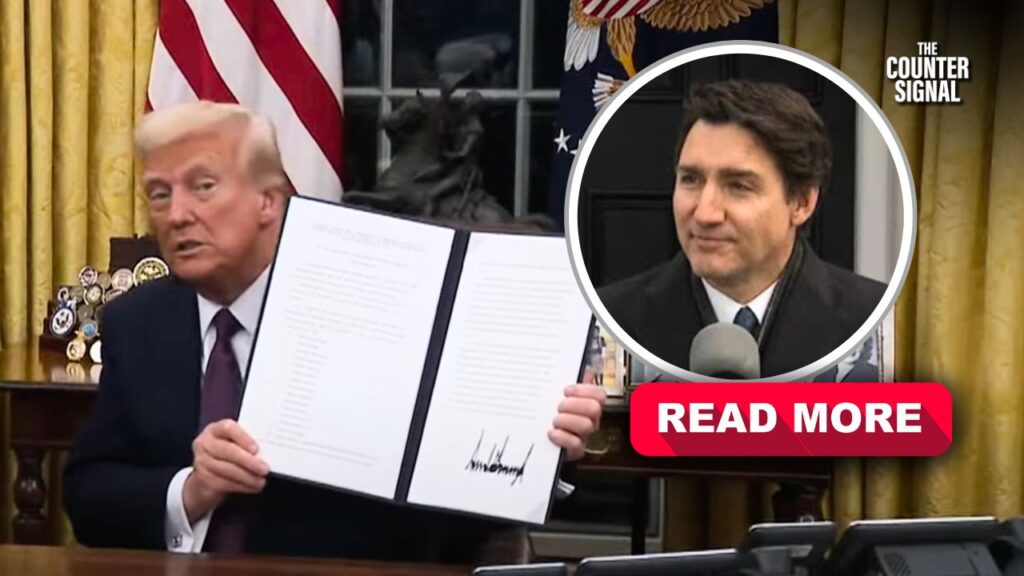After securing his defacto majority government with the help of the NDP, Trudeau’s now poised to pass Bill S233, ushering in a universal basic income.
If passed, the Bill states that the government must develop a national framework to implement what’s referred to as a “guaranteed livable basic income” for all Canadians above the age of 17 within a year.
However, it doesn’t stop at Canadians. Temporary workers, permanent residents lacking citizenship, and even unapproved refugee claimants will be entitled to government handouts under the largest wealth redistribution scheme (Communism) ever enacted in Canada’s history.
The Bill states that these handouts will be regionally specific and must “[take] into account the goods and services that are necessary to ensure that individuals can lead a dignified and healthy life, as well as the cost of those goods and services in accessible markets.”
It further requires that “national standards for health and social supports that complement” the framework must be implemented. This would likely constitute a total reimagining of Canada’s public health and social services. A great reset of sorts for public service infrastructure.
And if you thought inflation was bad now, just wait until the government starts printing off $1,000-$2,000 monthly handouts for over 20 million Canadians — it will be like the CERB on steroids.
The Bill received its first reading on December 16, 2021, and is currently being debated as part of the second reading.
Speaking on February 24, Senator MP Diane Griffin said, “The bill stipulates that the minister must develop a national framework for the implementation of a guaranteed basic livable income program throughout Canada for any person over the age of 17, including temporary workers, permanent residents and refugee claimants.”
“I recognize that for some colleagues, the idea of a guaranteed livable income in Canada may seem radical, but I believe that implementing a guaranteed livable income would have meaningful long-term, positive impacts on Canadian life.”
Most of Griffin’s argument for implementing a UBI in Canada boils down to poverty is bad, unexpected costs are costly, and, curiously, access to healthcare — even though Canadians are already entitled to use the public healthcare system.
NDP Leader Jagmeet Singh has also pushed for a UBI, adding it to his party’s platform on September 9, 2021. He doesn’t stop there, though. He also wants universal prescription drug coverage, dental care, mental health care, etc. Who’s going to pay for it? As usual, he expects ‘the rich’ to pay for it.
As part of their temporary coalition, Singh has reportedly been promised that some of the NDP’s pet projects will be passed. It still isn’t clear which pet projects Trudeau has agreed to ram through parliament, but a UBI appears to be high on the list.
